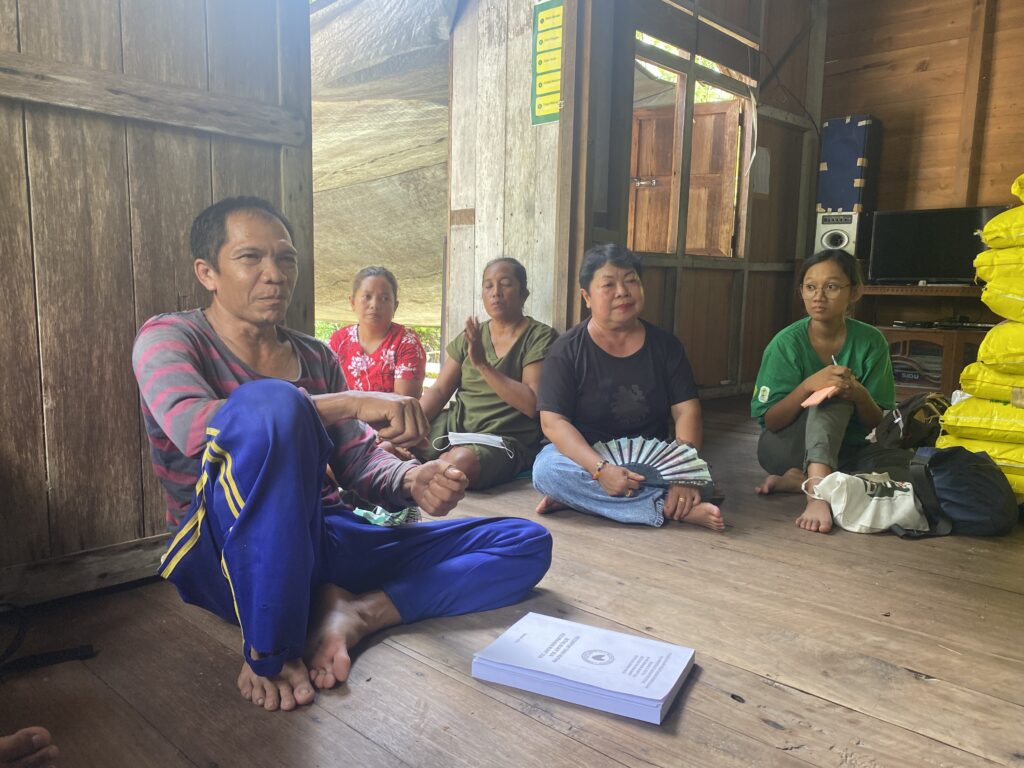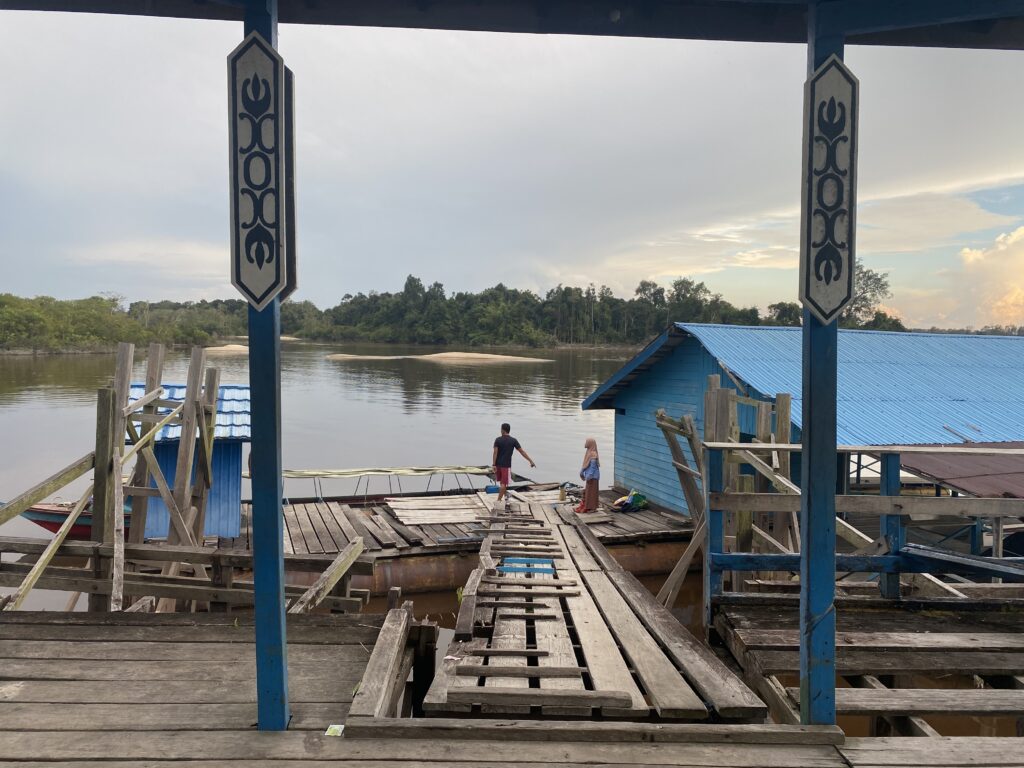Thanks to CISU-funded projects, the indigenous people of Rungan have been granted legal status as guardians of the forest. This will protect the area from exploitation and preserve the home of the wild orangutan.
Rungan is a remote natural area in southern Borneo with great biodiversity. One example of this is the unique olin trees – also referred to as iron trees as they are hard as iron. These trees are considered sacred to the indigenous people. Last but not least, Rungan is the home of some 3,000 precious wild orangutans.
State-owned forest
Although this gem has been the indigenous people’s territory for eons of time, they had no legal rights to the area. It was a completely unprotected state-owned forest. When Save the Orangutan in collaboration with Borneo Nature Foundation (BNF) started its first joint project to help out, time was running short. Rungan had rapidly begun to be exploited by palm oil plantations and gold mines, thus it was important to act quickly.

The first project involved developing a management plan to give the indigenous people legal rights as guardians of the forest. It turned out to be an extensive bureaucratically complicated work that took years to finalize.
In the subsequent project, which also lasted for several years and ended in February 2023, much of the work from the first project had fallen into place. From previously working with a few villages, project number two expanded to include a total of six villages.
“These projects are about documenting the villagers rights and lobbying to give them legal rights to the Rungan. That is what we have helped them with. We have become a bridge between the people and the authorities,” says Marie Sigvardt, Program Manager at Save the Orangutan.
Makes a big difference
For the villagers, who would not have been able to push through this change on their own, the projects have made a huge difference.
“The fact that they have been granted so-called Social Forestry Permits means everything for them. Had they not been given these permits, a palm oil company could have come at any time and cut down the forest – and they would have lost their livelihood.”
BNF is very satisfied with the projects and the good cooperation.
“With more and more forests managed by local communities, we hope to expand our current partnerships and secure Central Borneo’s incredible natural wealth for future generations,” says BNF Director Juliarta Bramansa Ottay.
Building a nature corridor
Other projects are also underway – for example, creating a nature corridor so that orangutans easily can move from one part of Rungan to another.
“Our projects should be regarded as one contribution among several to the whole of Rungan, but we were also one of the first actors to start up projects in this area. So much of what we have done has paved the way for others,” Marie Sigvardt explains.

30 more villages are in line to get their rights to the rainforest, so it is likely that Save the Orangutan and BNF will start new joint projects in the future. There’s also a need for supporting villages with existing permits to handle the responsibility that comes with being guardians of the forest.